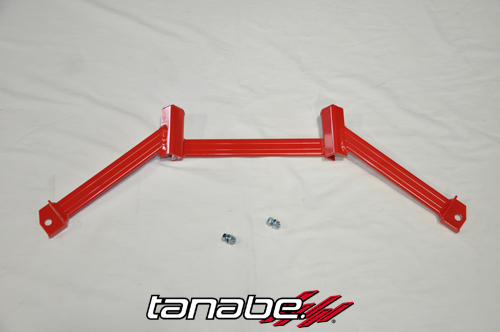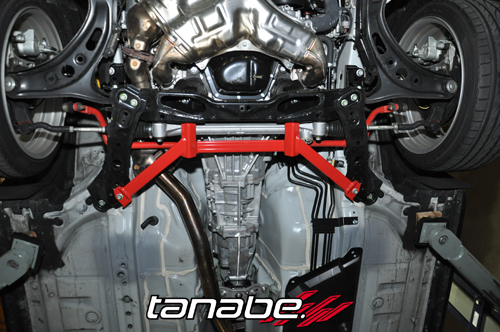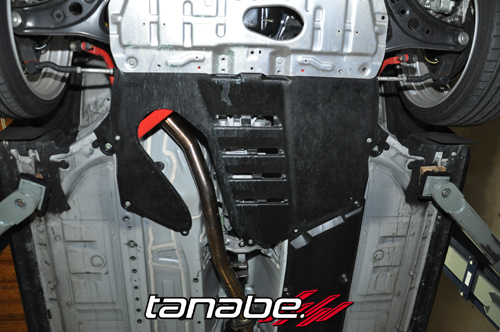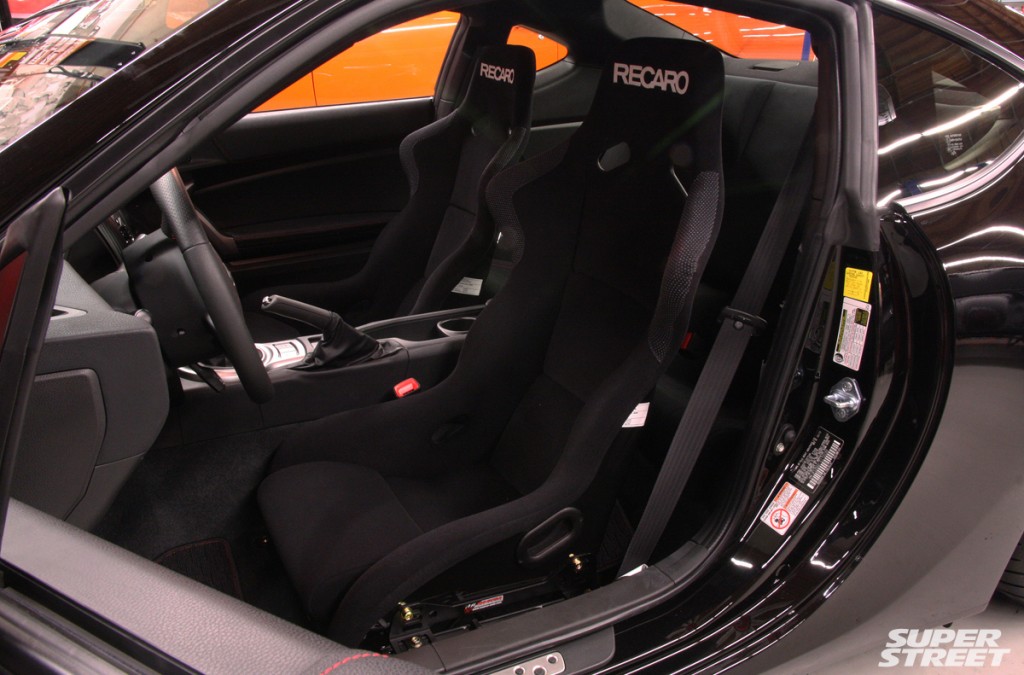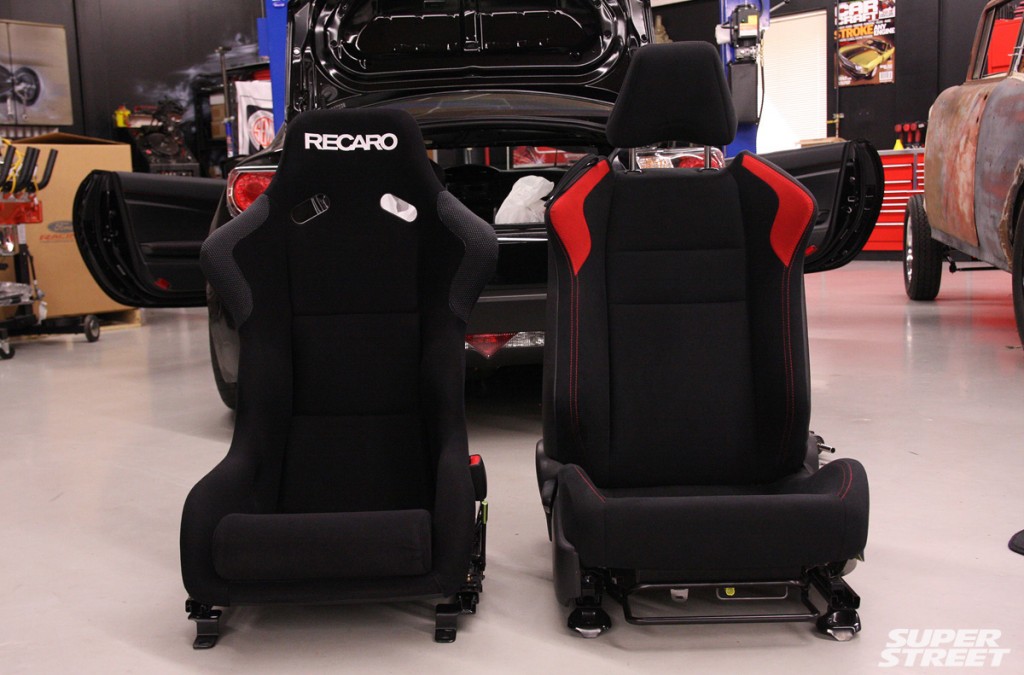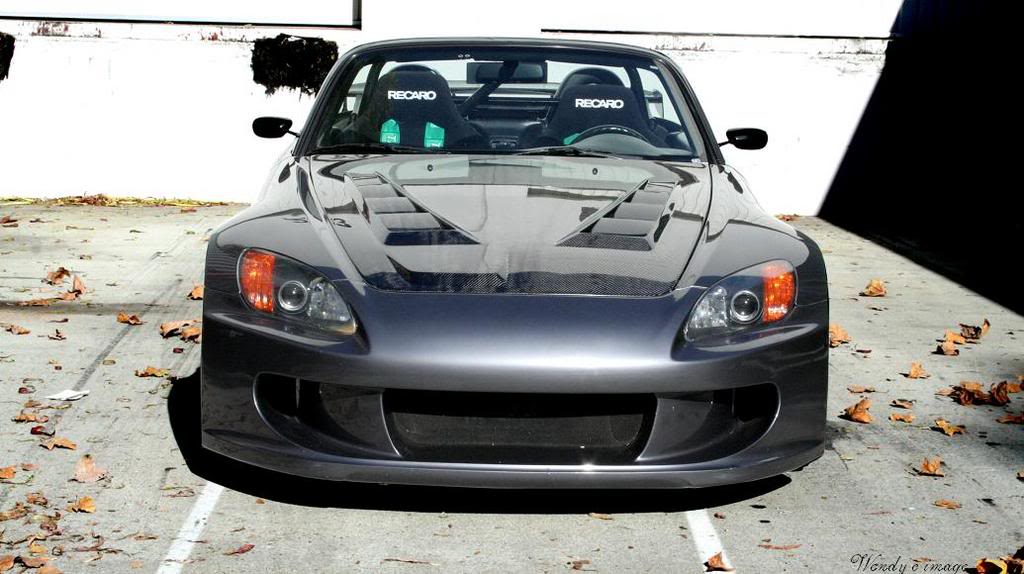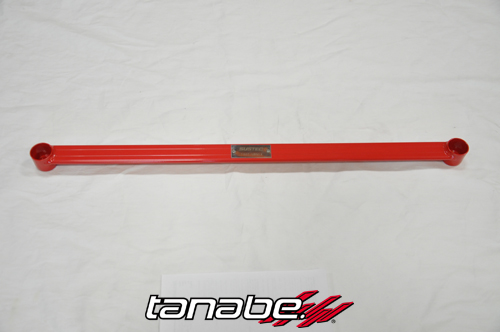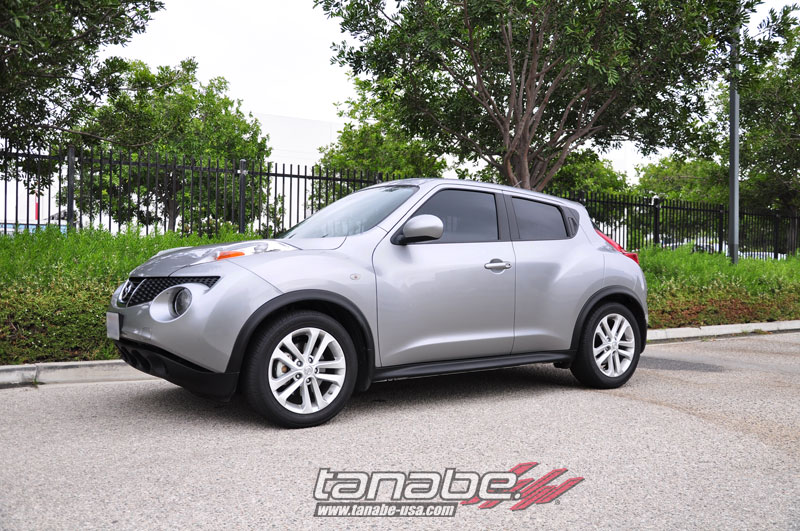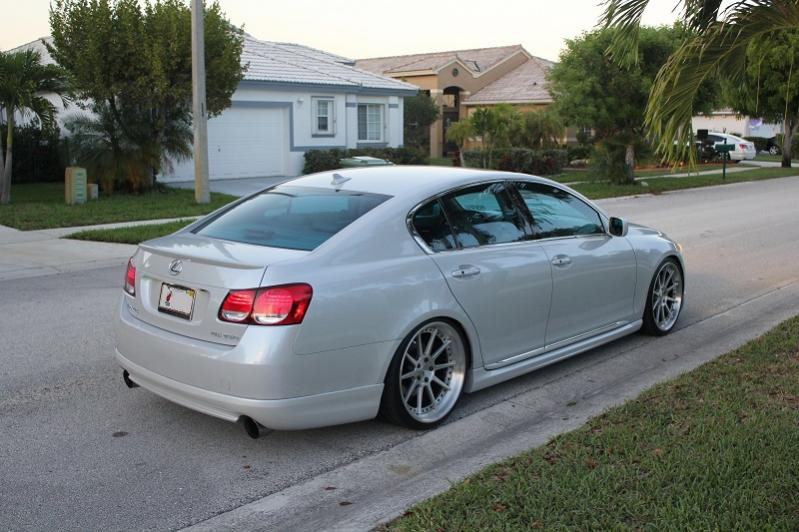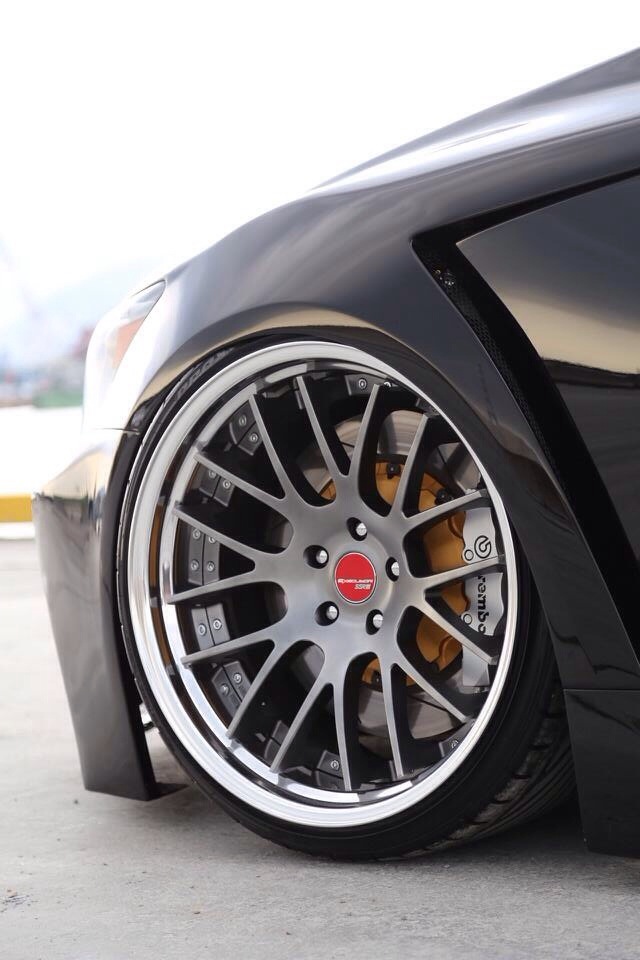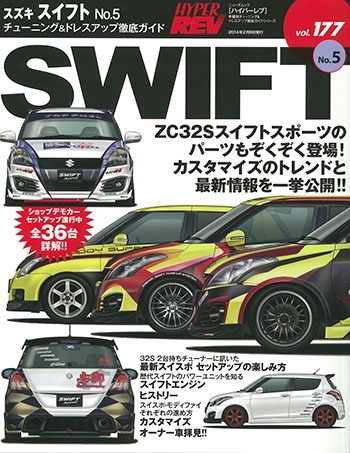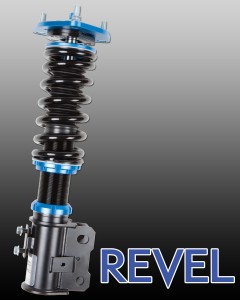If you missed last Thursday’s post, we were given the opportunity to test Tanabe’s new Revel VLS gauges. I was very excited to perform some real world testing on these gauges, and i am very happy to report that they have performed perfectly.
The fit, finish, quality are world class, installation was a breeze – all applicable sensors (water temperature, oil temperature, oil pressure) are 1/8 NPT so sourcing sensor adaptors to suit our test car was extremely simple (any U.S. brand adaptors and many Japanese brand adaptors use this size fitting). Wiring the power and illumination (dimmer) was even simpler, each gauge has two power harnesses included, one harness with a plug on each end and one with a plug on one end and pre-stripped open wires on the other. When installing multiple gauges, only one power harness must be tapped into 12v power, switched (accessory), ground and illumination. From there the other power harness (the one with a plug on each end) may be used to supply power to each subsequent gauge (daisy chain).
Once all the sensor wires were run through the firewall, they were simply plugged into the back of each corresponding gauge. The wideband air/fuel ratio gauge is a standalone unit that does require it’s power and illumination to be tapped in separately from the other gauges, so we mounted it on the far left using a gauge cluster bezel, the other four gauges were mounted using the other available mounting provision (right side) on the aforementioned gauge cluster bezel and a universal single DIN gauge pod using brackets and hardware included with the gauges (which placed the gauges close enough together that they were able to be powered using the daisy chain harnesses), the 52mm size of these gauges proved to be a perfect fit for the single DIN pod (three gauges side by side) and despite the smaller size, the O-LED digital display in the center of each gauge provided clearly visible readings at a glance. We were given the opportunity to test each available gauge (wideband air/fuel ratio, water temperature, oil temperature, oil pressure, boost), and not a single one performed less than perfectly, not a single malfunction or hiccup occurred during the 1500 miles that we tested them over the course of ten days. All sensors read accurately regardless of under-hood temperatures or outside weather conditions. The gauges come with everything necessary to install them (other than obvious items such as tools and vehicle specific sensor adaptors), included with each gauge is a sun shade hood, individual gauge pods (I had opted to use a cluster bezel and single DIN pod, but purely out of my own preference), all necessary wiring, sensors, brackets and hardware. The wideband air/fuel ratio gauge does include a Bosch 4.9 LSU oxygen sensor, and well as a bung and corresponding plug as well as all necessary wiring, hood, pod, brackets and hardware.
I especially appreciated the O-LED display during night driving as it proved to be very easy on my eyes when driving for extended periods of time, both the 30 blue LEDs along the perimeter of the gauges and the O-LED digital display dim when headlights are turned on, which I am sure saved me a few literal headaches. I do apologize for the cell phone quality photos but here is a couple photos of the gauges at full brightness and dimmed:
Full Brightness:
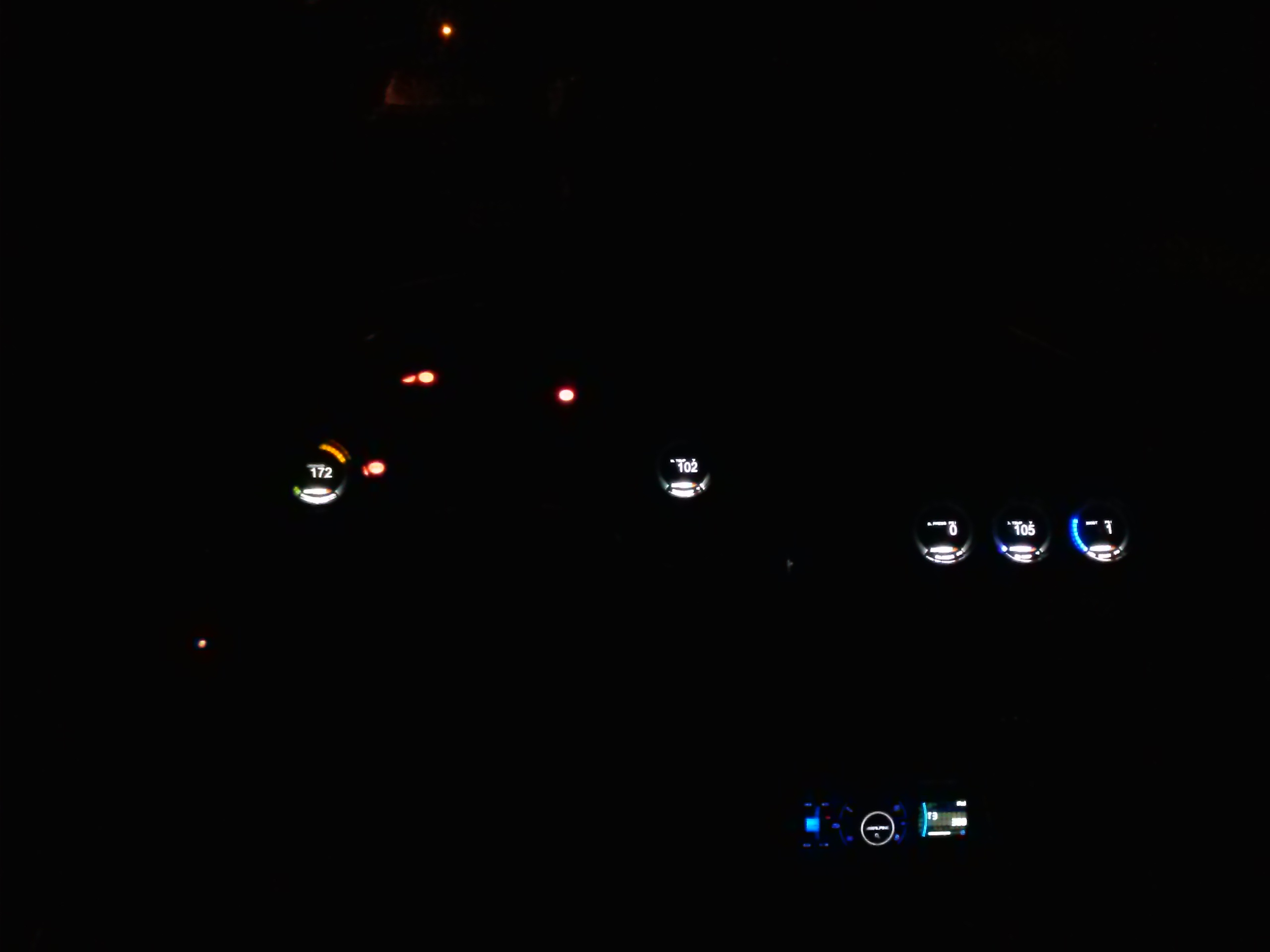
Dimmed:
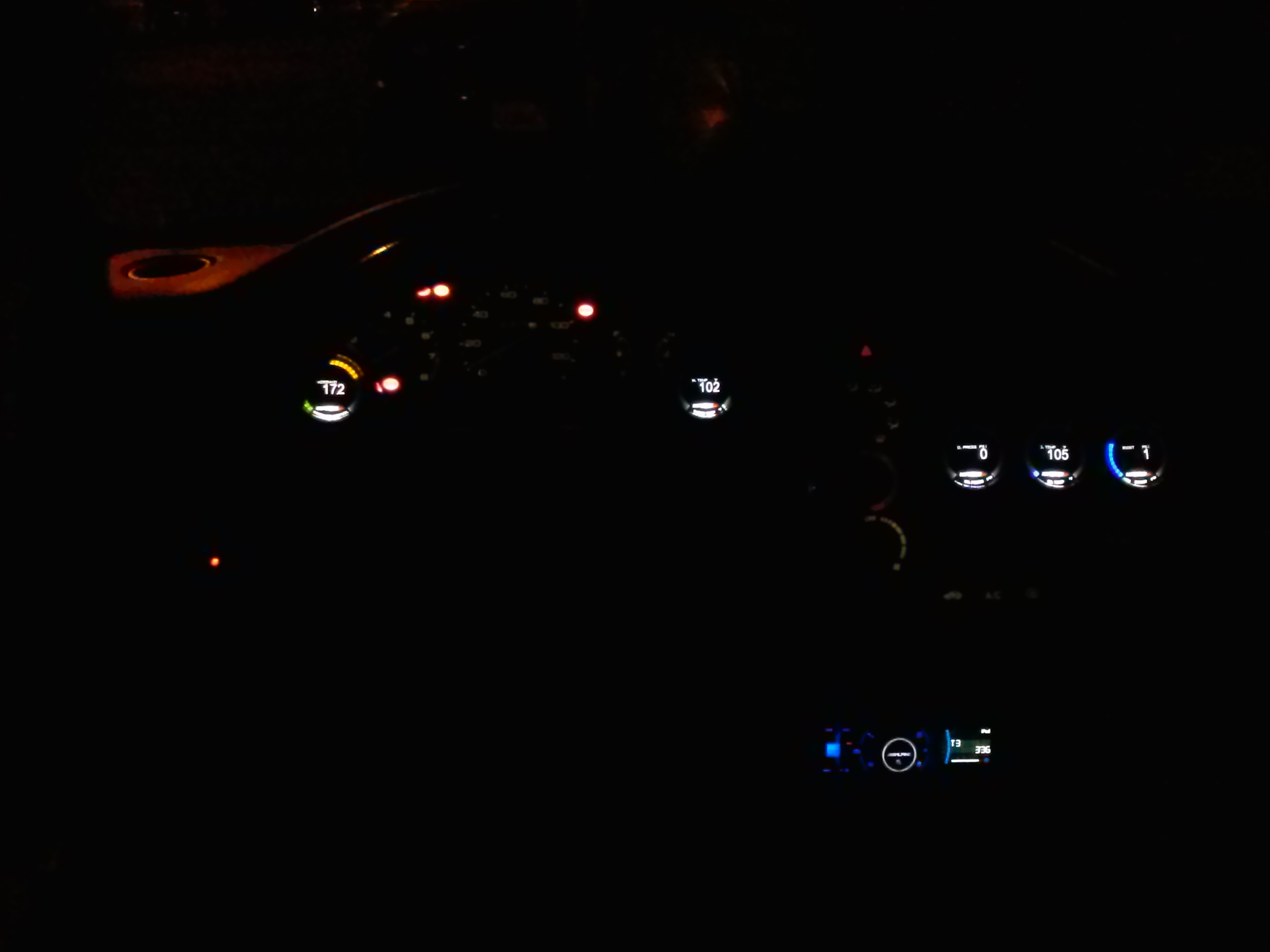
Related Images:
